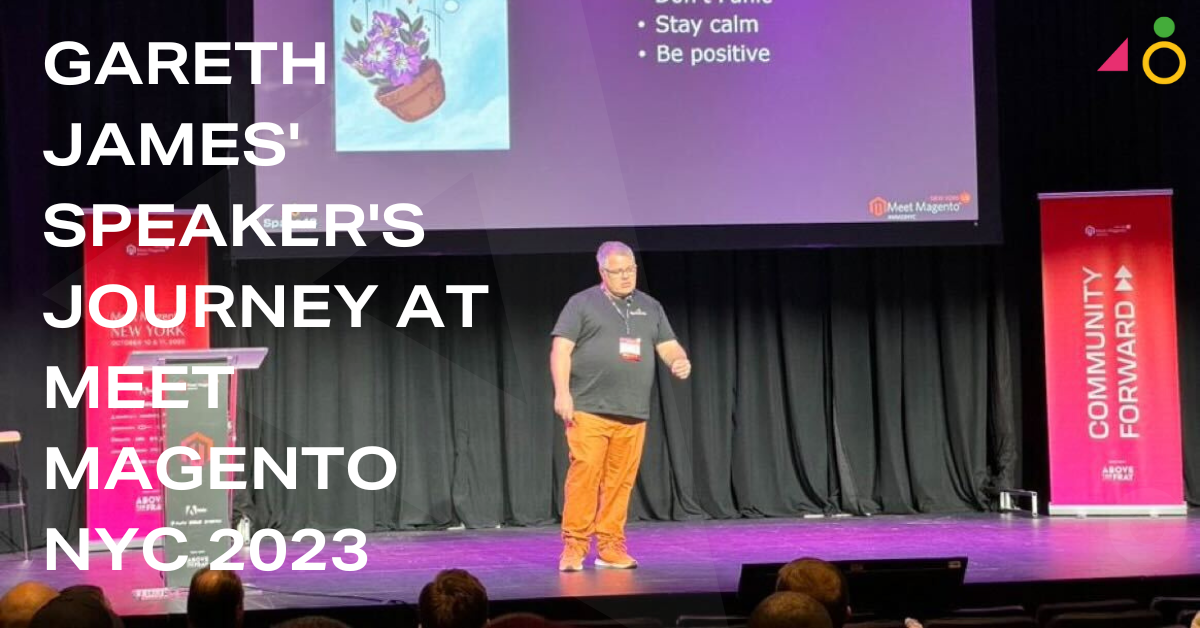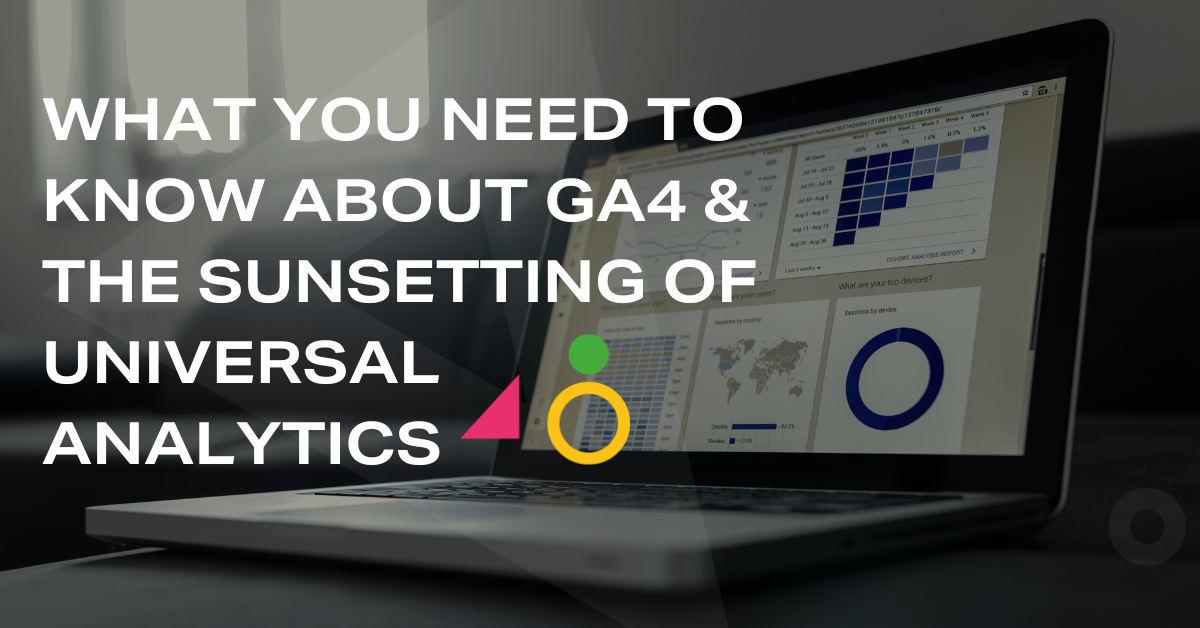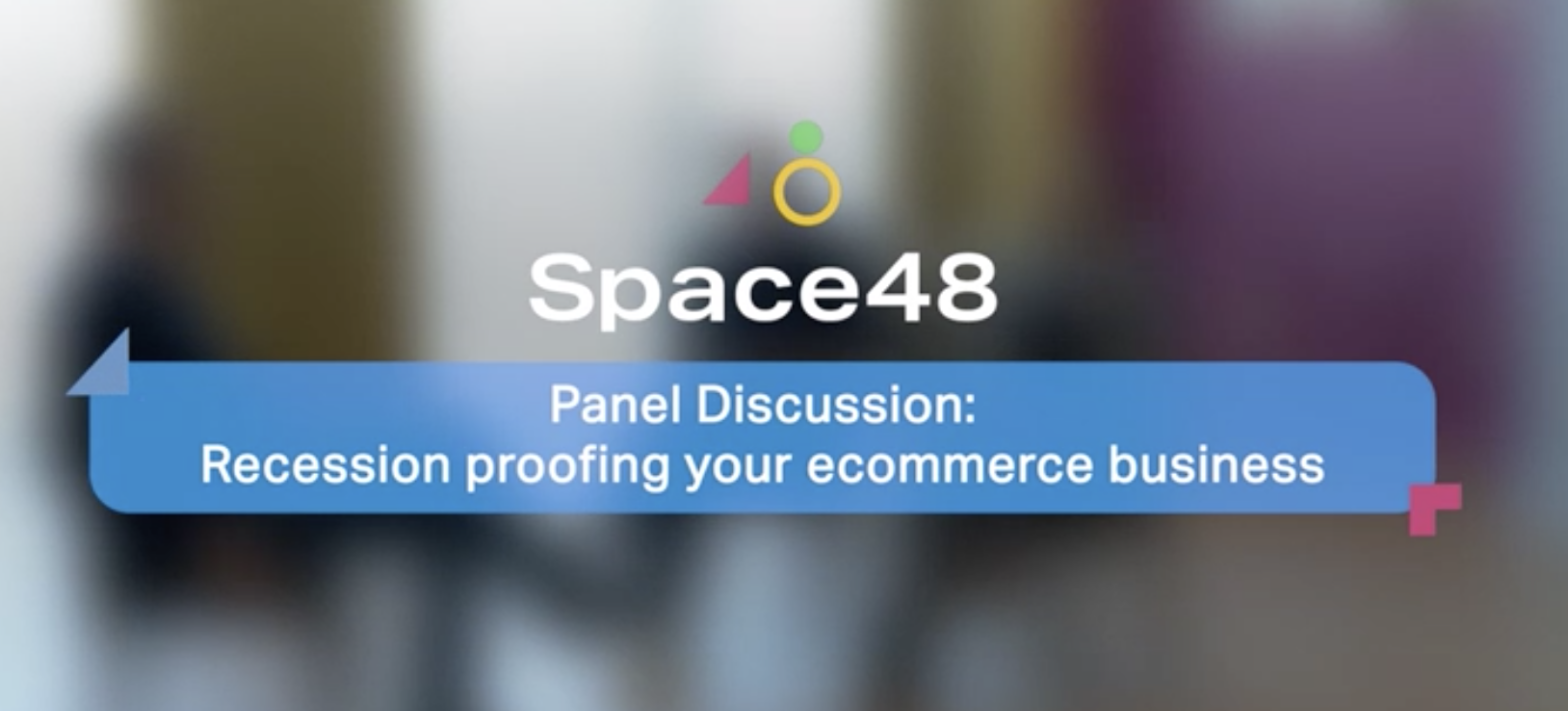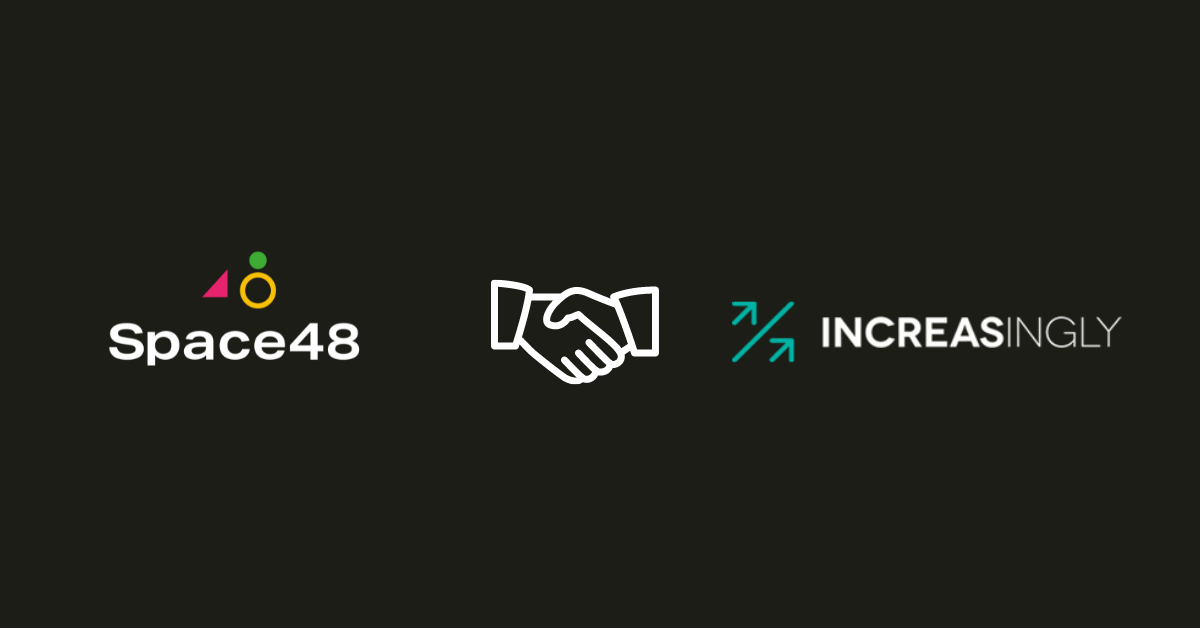
5 great tactics to drive conversions with ecommerce website pop-ups
When visitors hit your ecommerce website, it goes without saying that it needs to be simple and easy for people to browse and buy. One effective way to help people find what they need and hold their hand through the path to purchase, is to carefully use pop-ups.
Space 48 has helped countless retail brands to improve website performance and increase conversion rate, through innovative UX strategies. Our ecommerce experts have outlined 5 top tactics to drive conversions and gain new customers with website pop-ups:
1. Nudge customers with urgency-based persuasion tactics
Retailers love to tap into persuasion tactics. One of these, is FOMO (fear of missing out). It is a key emotion to leverage in ecommerce. Popovers can create real urgency on product pages, at the checkout and throughout the route to purchase.
Why not inform customers about the availability of stock or the potential limited window for getting products at a particular price, to encourage shoppers to avoid missing out on deals?
The following example from Very demonstrates this well:

2. Free shipping thresholds and delivery incentives
Although some ecommerce websites, Amazon being the obvious one, display information about products which are eligible for free shipping, it’s good practice to make details of free shipping thresholds clear throughout the customer journey.
This example from Cass Art shows how pop-ups can effectively prompt shoppers, both to complete their checkout and to add more products to their basket:

Knowing how much more you need to spend to qualify for free shipping and how to ensure products are delivered by a certain date, is useful for browsers and typically increases conversions and reduces cart abandonment.
3. Limited-time shopping bag pop-ups
This popover from the ASOS website is a simple-but-effective example of ramping up urgency on the route to purchase. In the same way that event ticketing websites start a timer for seat reservations, as punters add seats to their basket, ASOS’ pop-up alert lets users know that they need to checkout within the next hour to ensure their products remain available:

This is ideal for fashion brands, as specific colours or sizes may run out of stock. The pop-up adds FOMO into the mix to encourage shoppers not to abandon their cart.
4. Alert shoppers to recent bookings for viewed products
This is a popular tactic in the travel industry, as travel brands use website pop-ups to show when recent seat bookings or hotel reservations have been made. It emphasises the popularity of browsing options, whilst adding a bit of social proof and urgency to the booking process.
This example from Rentalcars.com shows a popover which alerts people about recent bookings, linked to the location entered during the browsing session.

There are also alerts on the page about the popularity of particular dates and locations, again provoking urgency.
5. Use popover for email sign-up and first-purchase incentives
The pop-ups we’ve outlined so far, use persuasion tactics to help encourage customers to complete checkout. But you can use pop-ups to acquire customers via email sign-up.
Check out this example by Effortless Skin.

Although these pop-ups are disruptive, they’re quick-and-easy ways to identify new prospects and build email lists. They have simple sign-up CTAs and both contain enticing incentives. Also, it’s an easy click away from the pop-up and return to your browsing session.
Similarly, this example from Amara shows visually-appealing product images and a healthy money-off incentive for new customers. See below:

Summary
The smart CRO (conversion rate optimisation) tactics used in these pop-ups demonstrate the different ways brands can help customers make quicker decisions, through informative alerts and persuasive elements, such as urgency and incentives. Better UX drives more conversions.
Want more expert tips to optimise your ecommerce website? Download our guide to the must-have ecommerce strategies for increasing conversion rates and boost your performance!
Ecommerce Tools & Integrations Guide
Ecommerce UX audit
Let us help you discover opportunities and understand your users better.
Space 48 is a leading UK ecommerce consultancy and website development agency, based in Manchester. Specialising in Magento ecommerce websites, we create award-winning ecommerce strategies for top retail brands. Contact our experienced ecommerce consultants and see how we can help you transform your website performance.





